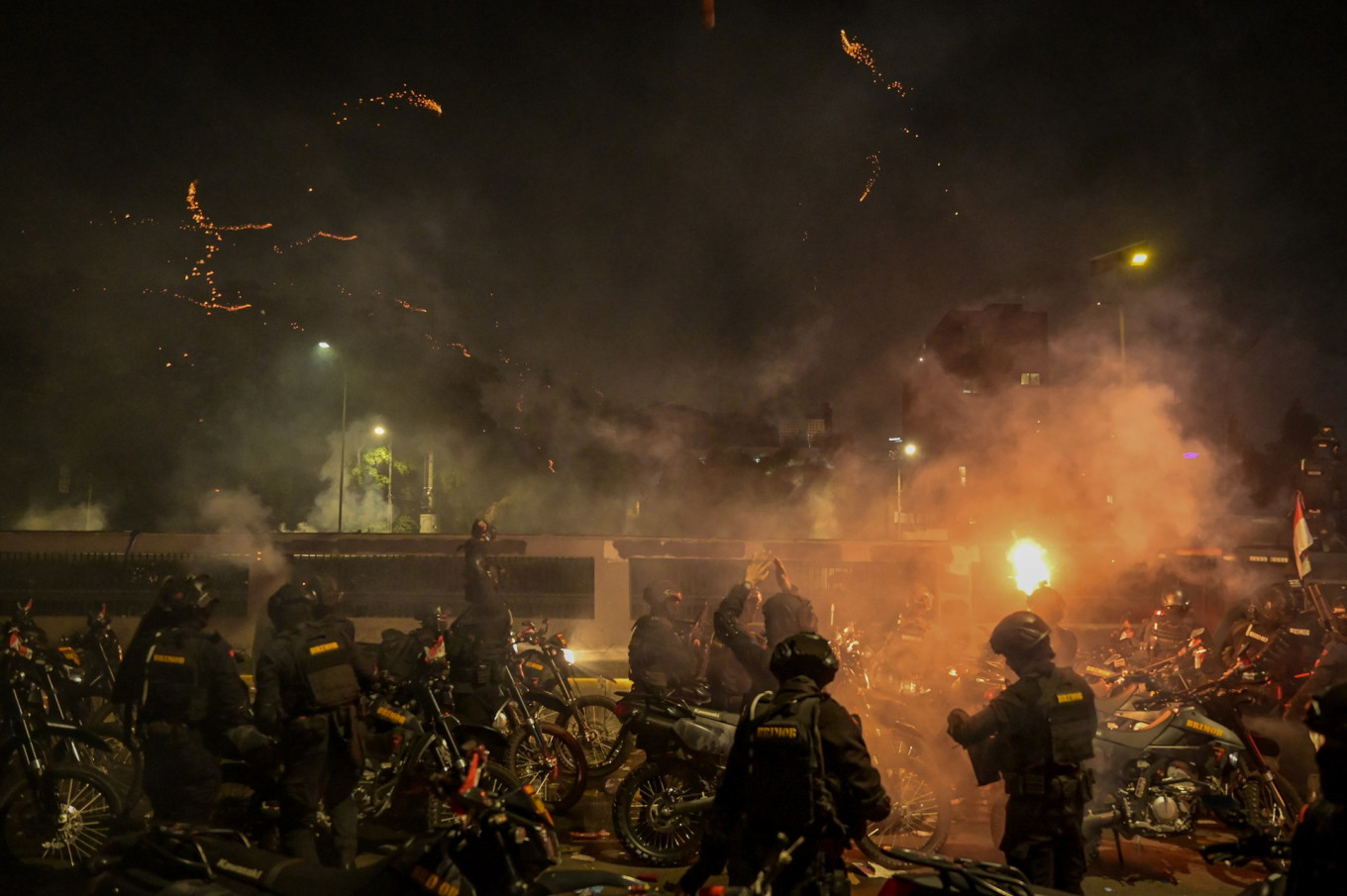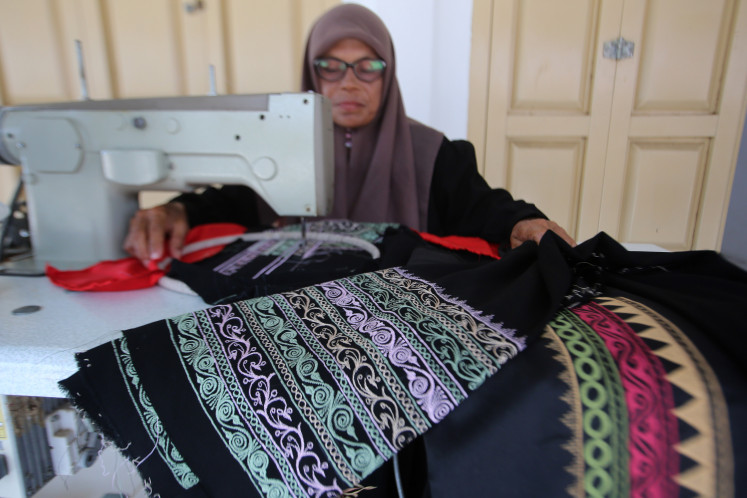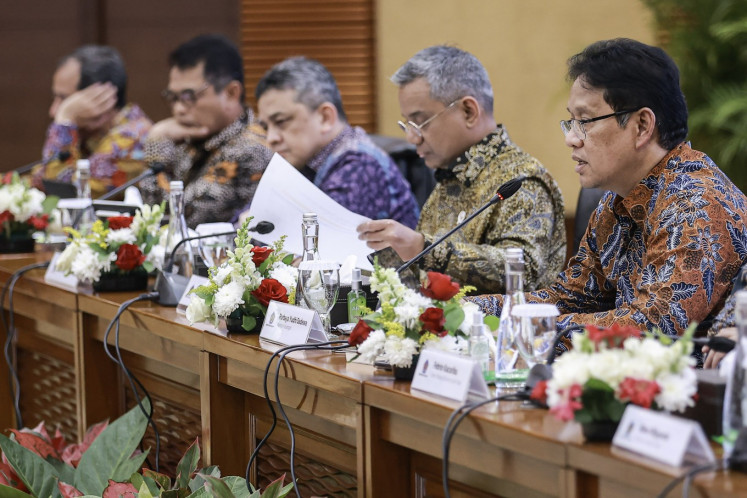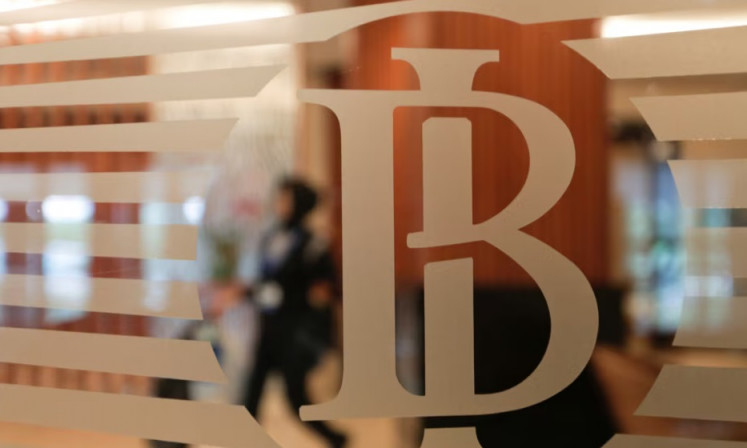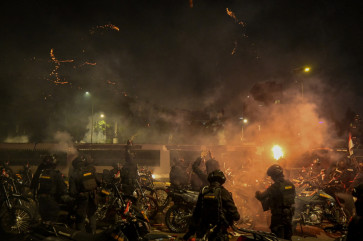Popular Reads
Top Results
Can't find what you're looking for?
View all search resultsPopular Reads
Top Results
Can't find what you're looking for?
View all search resultsJokowi weakens civil society, Prabowo should reverse course
The Jokowi administration has used two additional strategies to weaken civil society: Repression and co-option, reminiscent of the New Order era.
Change text size
Gift Premium Articles
to Anyone
L
ast month’s massive protests are a striking testament to the power of the nation’s civil society. When the House of Representatives wanted to overturn a Constitutional Court decision and pass a bill that would have reduced democratic competition and advanced President Joko “Jokowi” Widodo’s dynastic ambitions, nationwide rallies forced lawmakers to retreat.
This episode serves as an inspiring example of how civil society can protect and invigorate democracy. Yet all is not well with Indonesia’s civil society.
If anything, last month’s events illustrate how important it is for a democracy to have active organizations capable of voicing critical and dissident ideas. As United States political scientist Robert Putnam highlighted in his seminal work on social capital, civil society organizations like labor unions, farmers organizations, religious associations or NGOs are essential for fostering cooperation between the state and its citizens.
In Indonesia, civil society has been instrumental in the country’s transition from authoritarian rule to democracy, helping to achieve political change and consolidate democratic gains.
We doubt that President Jokowi has engaged with or agrees with Putnam’s insights. Over his 10-year presidency, the government has enacted measures that stifled critical voices and weakened vital civil society organizations.
As Jokowi’s presidency concludes, it is crucial to understand how civil society has been weakened during the past decade, so that president-elect Prabowo Subianto can address these issues, despite his pledge to continue Jokowi’s policies.
First, civil society has suffered due to Jokowi’s government's erosion of state institutions' autonomy. The administration’s tightening control over the Corruption Eradication Commission (KPK), the Constitutional Court and the House—key for maintaining checks on executive power—has limited civil society’s ability to scrutinize and criticize the government. With some major print media and TV channel owners aligning with the government, media coverage has increasingly reflected state interests. These circumstances have made it more difficult for civil society organizations to be heard.

